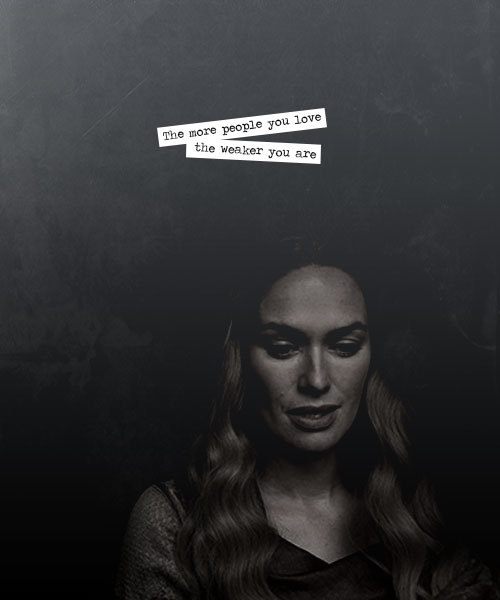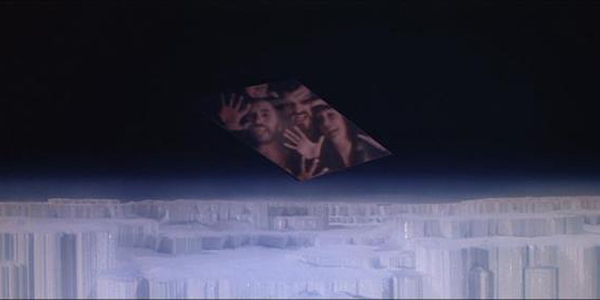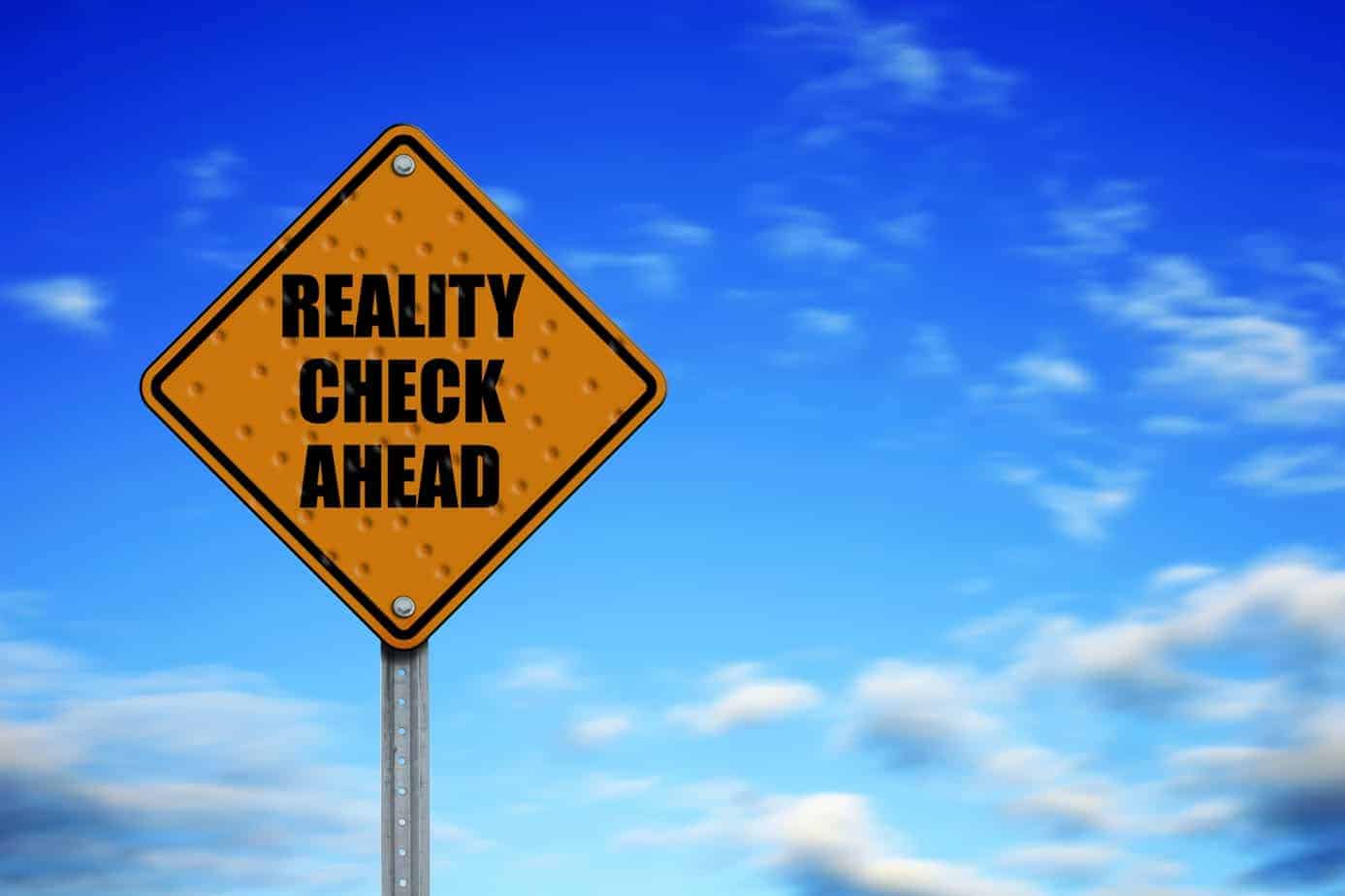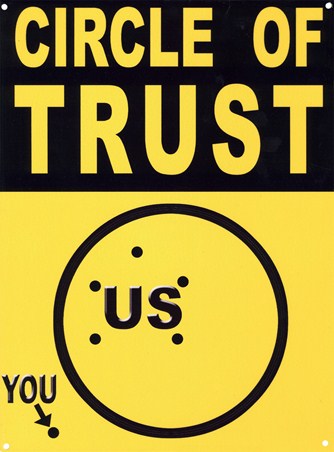We need to be literate, historically aware, and capable of grasping our rights, freedoms, and duties as Americans. It's also a place to begin a sense of vocation, to create art and music, and to explore the joys of human knowledge. But first and foremost, it should establish our place in culture.
That's the goal.
Yesterday, at the Fairfax County high school both of my sons attend, there was a security sweep. The students were told it was a drill, but it was not. Teenagers were herded out of classes, and told to leave all of their bags, backpacks and purses behind. Teams of officers with drug sniffing dogs were brought in to search their possessions.
Some of the students were singled out for more extensive searches, which were clearly randomized. Their bags were emptied and their possessions thoroughly examined.
An email was sent to parents, with language about insuring safety. This is for the good of the children, we were told. It's about keeping your children safe and maintaining a secure environment.
Perhaps.
It was also a warrantless search, an invasion of individual privacy absent reasonable cause. There was no specific information about an individual or concern. It was a general sweep, one that has...as my sons have informed me...been performed in other high schools around Fairfax County.
They're minors, one might argue, just children who need to be protected. They have no rights, not technically. Again, perhaps.
For those who are coming into adulthood, this teaches a very different set of values. They are not incapable of observing and seeing what this means, even if they have not yet been afforded full citizenship. What do they see? Values grounded in fear and an obsession with security.
And remember: this is a high school. For those in the senior class who have turned 18, like my older son, I would suggest that such a search directly violates their rights under the Constitution. I assume the Fourth Amendment is still taught in Government classes.
A public school is a public space, supported by the public purse to serve the common good.
If our rights as citizens are not valued and lived out there, what does that say? What does that teach?
















